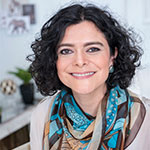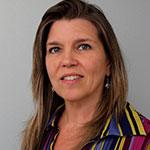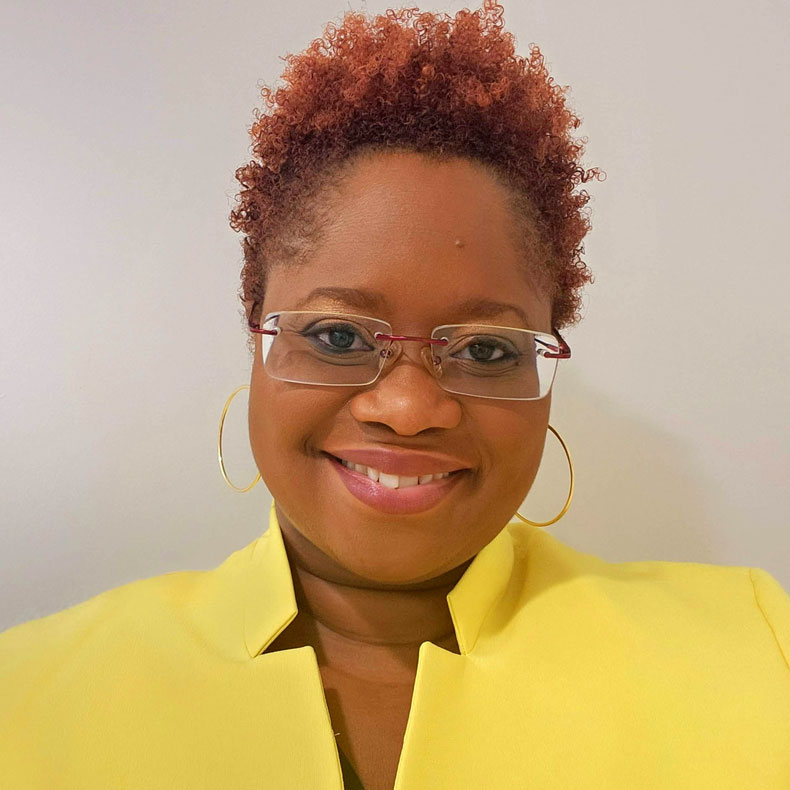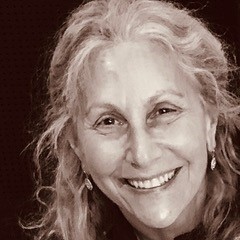Service Learning and Cultural Immersion Programs
International Service Learning Experiences
The Center for Multicultural and Global Mental Health offers transformative service learning experiences that are designed to expose, inform, and deepen students’ knowledge, cultural awareness and sensitivity, and cultural fluency. Students who are enrolled in the Asian Mental Health, African and Caribbean Mental Health, Global Mental Health, and Latino Mental Health concentrations have participated in cultural immersion programs in Ecuador, Guyana, Vietnam and Kenya. The international service learning initiative is one of the many ways in which WJC supports student education to prepare them for careers that meet the growing demand for access to quality, culturally competent psychological services for individuals, groups, communities, and organizations both locally and around the globe.
Student-participants in this WJC summer immersion program will participate in a five-week intensive program abroad in coordination with Centro Ecuatoriano Norteamericano (CEN), El Instituto de Neurociencias/ Junta de Beneficencia, and La Fundación Dra.Cynthia Lucero located in Guayaquil, Ecuador. The program involves: a) intensive Spanish language instruction by level of proficiency, b) clinical work alongside local psychologists, and c) social and cultural activities organized by Centro Ecuatoriano and La Fundación Dra. Cynthia Lucero. Students will live with host families contracted by El Centro Ecuatoriano for the summer immersion program. Students will have the opportunity to participate in a variety of clinical situations within the different departments at El Instituto: Substance Abuse, Rehabilitation Center, Assisted living (severe mental illness), Admissions, General Psychiatry Unit, and Psychodiagnostic and Psychometrics (testing and evaluations). There may be opportunities to collaborate at a school for youth with special needs. The general goal of the program is to provide a better understanding of health care systems, and of the provision of social and health services, as well as some of the unique cultural dynamics in serving individuals and families in Latino countries.
Course Descriptions:
CLI CC560 - LMH Immersion II Seminar
CLI CC563 - LMH Summer Immersion II
Faculty

Paola Michelle Contreras, PsyD
Associate Professor, Counseling and Behavioral Health Department
View Profile

Mari Carmen Bennasar, PsyD
Associate Professor, Counseling and Behavioral Health Department
Director, Lucero Latino Mental Health Program
View Profile
This course is designed to increase cultural fluency and global competency by exploring the multi-ethnic Amerindian, Indo- and Afro-Caribbean cultures in Guyana, the only English-speaking country in South America. Students will have opportunities to examine ethnocentric beliefs and to gain the skills to provide culturally informed mental health care to a growing multicultural population in the United States. Students will take part in didactic activities to learn about Guyana's rich history, cultural belief systems and practices, social services, sociopolitical dynamics, and religious traditions. Additionally, students will travel to Guyana for a 10-day service learning experience where they will gain a deeper appreciation of the impact of cultural traditions on the mental health of Guyanese people. While in Guyana, students will engage in service learning activities and multidisciplinary collaborations with grassroots organizations, schools, and social services agencies. We will also participate in cultural excursions and visit historical sites in Guyana.
CLI CC568 – Guyana Service Learning and Cultural Immersion Course
William James College's Guyanese Partners
- The Guyana Foundation
- National Library of Guyana
- Sherjoy Daycare and Playgroup
- Methodist Church in the Caribbean and the Americas: Guyana District
Faculty
 Natalie A. Cort, PhD
Natalie A. Cort, PhD
Associate Professor, Clinical Psychology Department
Director, Black Mental Health Graduate Academy
Co-Director, Center for Multicultural and Global Mental Health
View Profile
Learn more about the Kenya Immersion Experience here.
The Kenya Immersion Experience is a dynamic and experiential learning opportunity. Students become part of a working team creating positive change in a school and community in rural Kenya. Specifically, students implement a positive educational curriculum in a primary school. The goal of this course is to provide students with an experience of life in a rural Kenyan community and to form relationships that facilitate community learning, resilience, and well-being. They collaborate with a Kenyan and international NGO's to facilitate community dialogue and organization around educational and healthcare issues. This immersion experience is also part of an ongoing research project investigating the relationship between strength based education, resilience, hope and physical well-being in children 9-14 years old. It is a community development project with ample opportunities for interaction with families, Kenyan government officials, and development organizations. Issues concerning collaborative governance, justice, global poverty, and grant writing will be explored. A selective interview process is required.
Course Description: CLI TR604 - Kenya Immersion: Relational development and well-being in Kenyan communities
Alumni Reflections on Immersion Trip to Kenya
Meet William James College alumni, Dr. Adetutu Ajibose and Dr. Kwame Dance, as they share reflections from their immersion trips to Kenya as part of the Center for Multicultural and Global Mental Health. The discussion is facilitated by faculty leaders, Dr. Claire Fialkov and Dr. David Haddad.
Faculty
 Claire Fialkov, PhD
Claire Fialkov, PhD
Professor, Clinical Psychology Department
View Profile
 David Haddad, EdD
David Haddad, EdD
Professor, Counseling and Behavioral Health Department
View Profile
“I chose to come to William James because of the opportunities for the program concentrations and college wide concentrations. Through the Latino Mental Health program, I participated in an immersion trip to Ecuador that was absolutely life changing for me. I grew in confidence both professionally and personally and I made lifelong friends.”
—Styliani Reinhardt, Latino Mental Health
Read more about our immersion programs in our International Service Learning Programs 2017 Annual Report.
CMGMH Newsletter
The Center for Multicultural and Global Mental Health produces a monthly newsletter. Read about our students, their work in the field, and upcoming events.
Click here for latest newsletterScholarship Awardees
Every year, a number of students receive a scholarship for “Serving the Mental Health Needs of the Underserved.” This is a highly competitive scholarship at the college.
Read about CMGMH Fellows and Scholarship Awardees